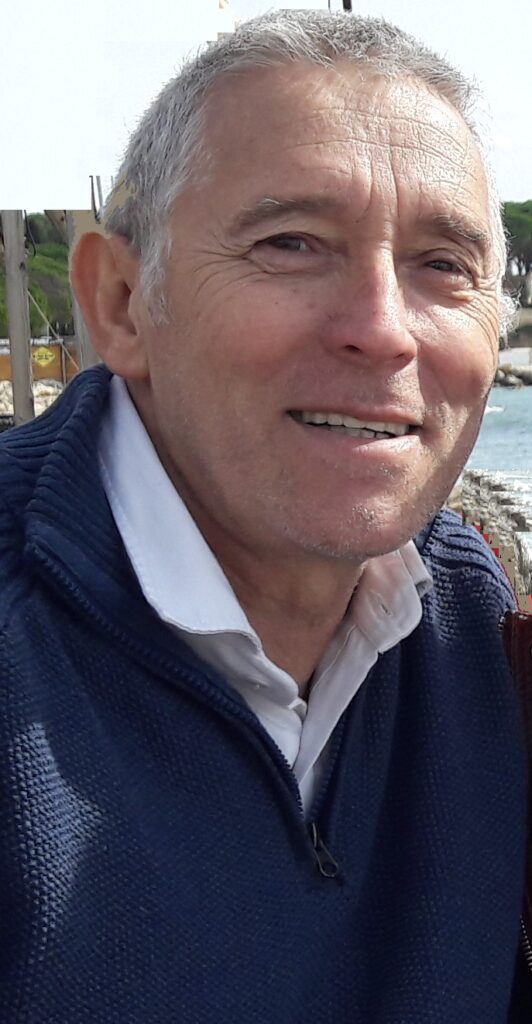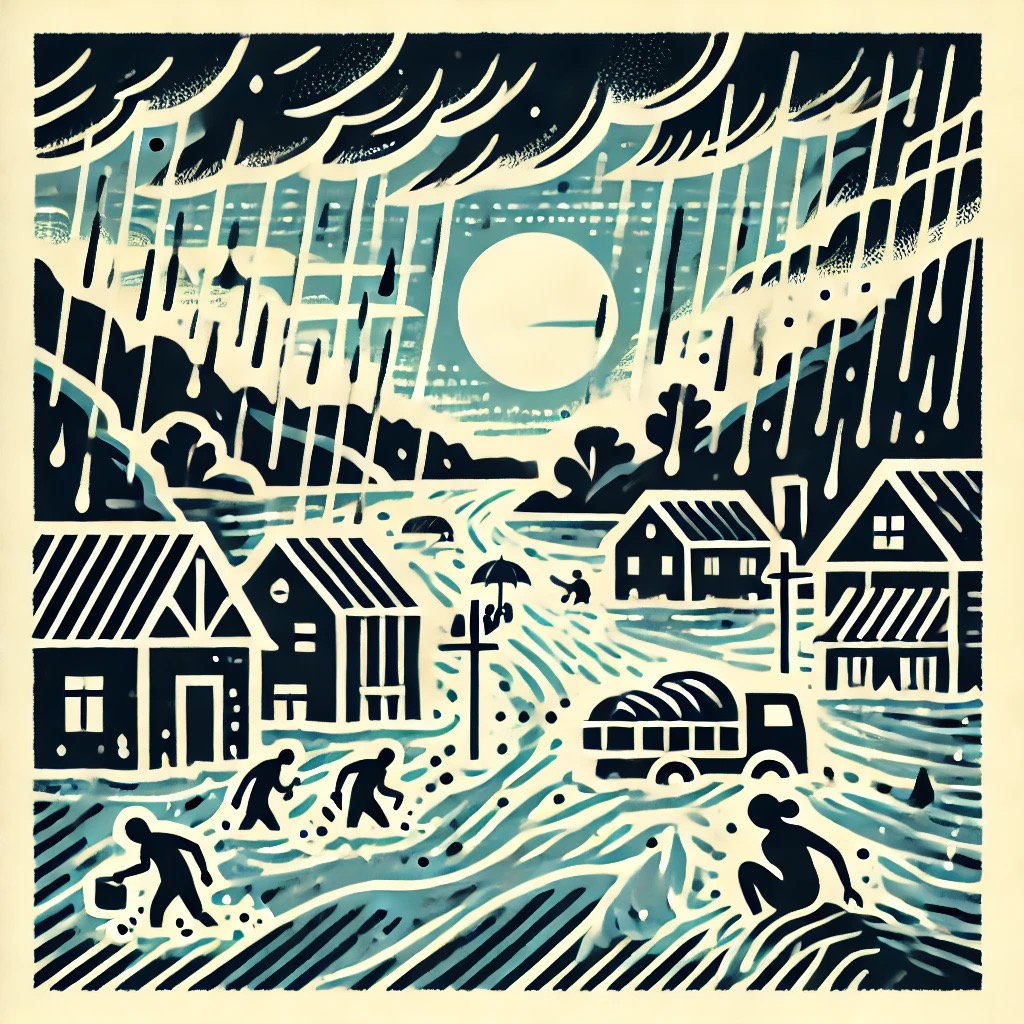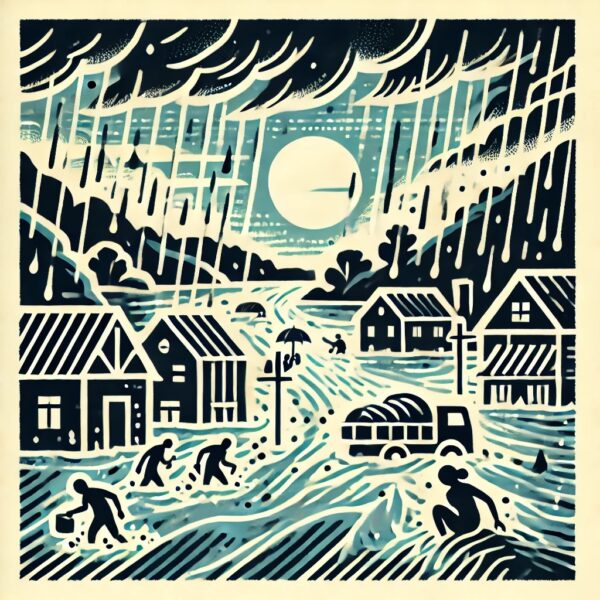The Mediterranean basin is an area where the risks of natural disasters are everywhere: earthquakes, volcanic eruptions, floods, or heatwaves. However, it is also a densely populated area and one of the most visited tourist destinations in the world. Therefore, the risks are much greater for the people who live or visit there.
Bernard Mossé, scientific manager of NEEDE Mediterranean, is in a discussion with Ante Ivcevic, a specialist in risk management in coastal areas.
The Mediterranean brings together many risks
A very significant tectonic risk with earthquakes and volcanic eruptions. A climatic risk, particularly with the risks of flooding due to increasingly extreme rainfall.
But the extent of disasters depends on us, humans.
For example, when there are very heavy rains, like in recent years in Greece, Libya, or Bulgaria, the number of deaths is greatly increased by poor constructions or mismanagement of water dams... And it is often the poorest, most vulnerable populations that are affected. To protect ourselves, we need to renew our constructions, buildings, cities, bridges, dams, otherwise we will face seriously worsened consequences. The same applies in Europe, the Middle East, or North Africa where constructions are not up to date. This is especially the case in coastal areas, at the border between land and sea, with overpopulation and over-construction, but also on the river banks that are overly developed. There are two conditions to succeed in this transformation: trusting the scientists who inform us of the dangers; and informing and consulting the populations about the decisions to be made and the concrete solutions.
A solution that is not accepted by the majority is unlikely to succeed.
Adapting to the world that awaits us is a matter of trust and courage. The younger generations also have a significant role to play.

Ante Ivcevic, specialist in coastal risk management, is a postdoctoral researcher in geography at Aix-Marseille University. He is affiliated with the PAP/RAC Center in Split, Croatia, as part of the United Nations Environment Programme. He is currently working on the Proteus project within the MESOPHOLIS laboratory at Aix-Marseille University, focusing on risk management in the Mediterranean, under the supervision of Sylvie Mazzella, a research director in sociology.

Bernard Mossé is a historian, in charge of Research, Education, and Training at the NEEDE Méditerranée association. He is a member of the Scientific Council of the Camp des Milles Foundation - Memory and Education, for which he was the scientific manager and coordinator of the UNESCO Chair "Education for Citizenship, Human Sciences, and Convergence of Memories" (Aix-Marseille University / Camp des Milles).

From this conversation, the AI generated a flow of illustrations. Stefan Muntaner fed it with editorial data and guided the aesthetic dimension. Each illustration thus becomes a unique work of art through an NFT.
To go further
